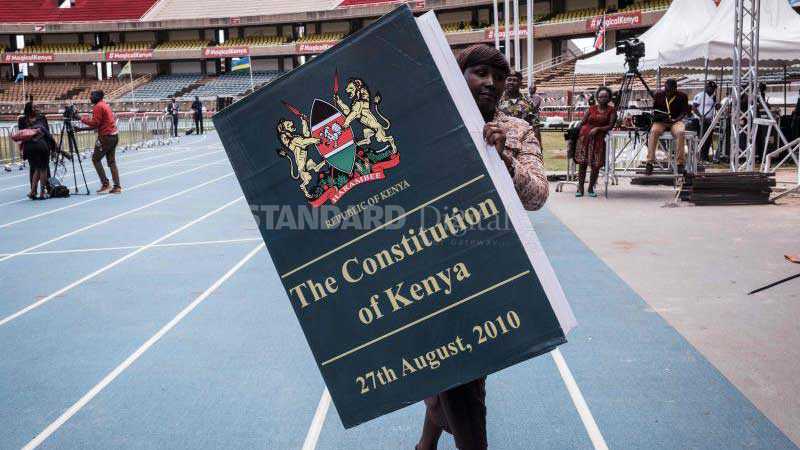×
The Standard e-Paper
Kenya’s Boldest Voice

The recent Devolution Conference in Kakamega, just like the previous four, failed to address important issues, including restructuring, reordering and realigning national government ministries, departments and agencies to respect devolution.
Others are incomplete transition, unbundling and costing functions, and comprehensive audit of legal and institutional regime that existed before the 2010 Constitution. These are some of the causes of the ballooning public wage bill.